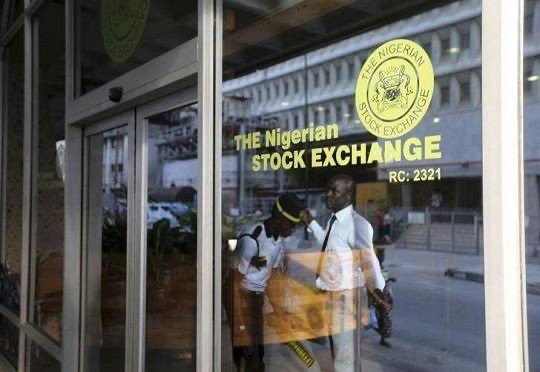Nigeria’s foreign portfolio investment for 2021 falls to lowest in 5 years

Nigeria received $3.39 billion in foreign portfolio investments in 2021, down 34% from $5.16 billion the previous year. A simple examination of the data reveals that Nigeria has attracted the least amount of FPI in the last five years.
This is based on information gleaned from the Central Bank of Nigeria's capital imports breakdown.
Nigeria's yearly foreign portfolio investments have fallen for two years in a row, falling by 68.5 percent to $5.16 billion in 2020 from $16.38 billion in 2019. In 2021, it dropped by 34% year over year to $3.86 billion.
The purchase of securities and other financial assets by investors from another country is known as foreign portfolio investment (FPI).
The investor may hold these securities or assets directly or have them managed by financial specialists.
Stocks, bonds, mutual funds, and exchange-traded funds are all types of portfolio investments.
While the drop in FPI can be linked to sluggish economic activity in the aftermath of the 2020 shutdown and movement restrictions, which impacted most markets, it appears that domestic investors are also gaining control of the local financial system.
Data from the Nigerian stock market, for example, suggests that foreign FPI contributions to portfolio investments in the local market have decreased dramatically in recent years.
FPI contribution fell to 22.9 percent in 2021, down from 33.6 percent, 48.9 percent, and 50.7 percent in 2020, 2019, and 2018, respectively.
In 2021, a total of N1.89 trillion was exchanged on the Nigerian stock exchange, down 12.4% from N2.17 billion the previous year. A more detailed analysis of the data reveals that foreign investors were involved in N434.5 billion worth of transactions during the reference period, accounting for 22.9 percent of total transactions.
Local stocks only managed a 6.07 percent rise in their All-Share index in 2021, which is much lower than the country's inflation rate, falling short of the previous year's record-breaking 50 percent gain.
In a similar vein, despite the low-interest-rate environment, local investors have flocked to federal government securities, oversubscribing the FBN bonds many times. Meanwhile, due to the low yield on government securities, international investors are unlikely to put their money in this market.
It's worth mentioning that Nigeria continues to experience a major drop in foreign investments, both portfolio and direct, which has impacted the economy's FX liquidity. This has been exacerbated by a drop in export profits, owing mostly to a drop in petroleum export revenue and a drop in diaspora remittances.


Be the first to comment!
You must login to comment